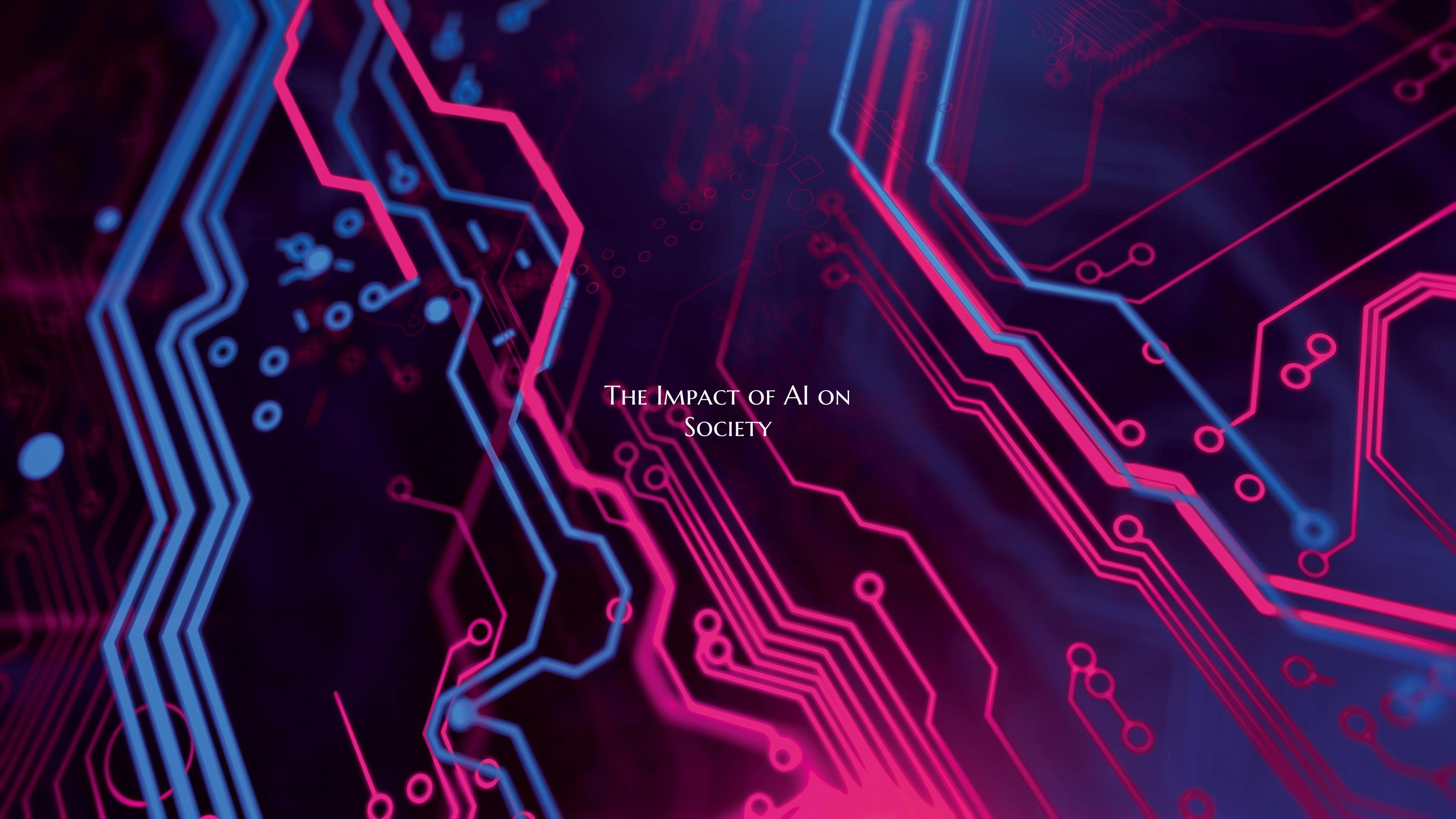The Impact of AI on Society
Artificial Intelligence (AI) is rapidly transforming the way we live, work, and interact with one another. Its impact on society is profound, touching various aspects of our daily lives. While AI has brought about numerous benefits and advancements, it also raises ethical concerns and challenges that need to be addressed.
In the workplace, AI technologies have automated tasks, increasing efficiency and productivity. From chatbots handling customer service inquiries to algorithms analyzing massive datasets for valuable insights, AI is reshaping industries and the job market. While this automation can lead to job displacement, it also creates new job opportunities in AI development, data analysis, and other related fields.
AI also plays a significant role in healthcare, revolutionizing diagnostics, treatment planning, and patient care. Machine learning algorithms can analyze medical images and data faster and more accurately than human professionals, leading to improved diagnoses and personalized treatment plans. Additionally, AI-powered devices and wearables monitor patients' health in real-time, enhancing preventive care and reducing healthcare costs.
In the realm of transportation, AI is driving innovation with self-driving cars, drones for delivery services, and traffic optimization systems. These technologies have the potential to improve road safety, reduce traffic congestion, and enhance transportation efficiency. However, concerns about data privacy, cybersecurity, and the ethical implications of AI decision-making remain critical challenges to address.
In the field of education, AI is being used to personalize learning experiences, adapt educational materials to students' abilities, and provide valuable feedback to both educators and learners. Virtual tutors, adaptive learning platforms, and AI-powered assessment tools are transforming the traditional classroom setting and making education more accessible and engaging.
Despite its numerous benefits, AI also raises ethical concerns related to bias, transparency, and accountability. Machine learning algorithms can inadvertently reflect societal biases present in training data, leading to discriminatory outcomes. Ensuring transparency and accountability in AI decision-making processes is essential to build trust and mitigate potential harms.
As AI continues to advance and integrate into various aspects of society, it is crucial to have ongoing conversations about its impact and the ethical considerations surrounding its development and deployment. By fostering collaboration between policymakers, technologists, ethicists, and the general public, we can harness the potential of AI while mitigating its risks and ensuring a more equitable and inclusive society.

